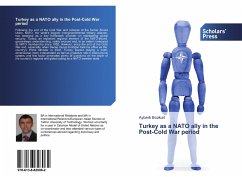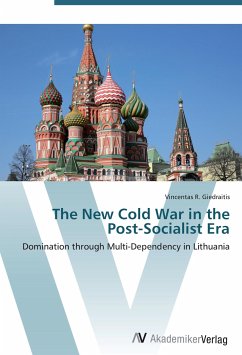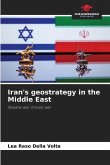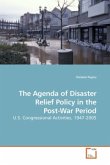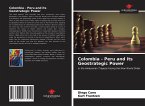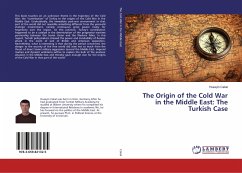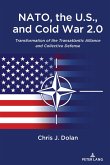Following the end of the Cold War and collapse of the former Soviet Union, NATO, the world's biggest intergovernmental military alliance, has emerged as a key framework provider on maintaining global security. Turkey, an important regional element of the NATO-bound geostrategic understanding, visibly enjoyed and, to an extent, treasured its NATO membership since 1952. However, since the end of the Cold War and, especially, when Recep Tayyip Erdogan took his office as the country's Prime Minister in 2003, Turkey started playing a multi-dimensional, more independent as well as proactive role in international system, and this factor generates plenty of questions on the depth of the country's regional and global acting as a NATO member state.

